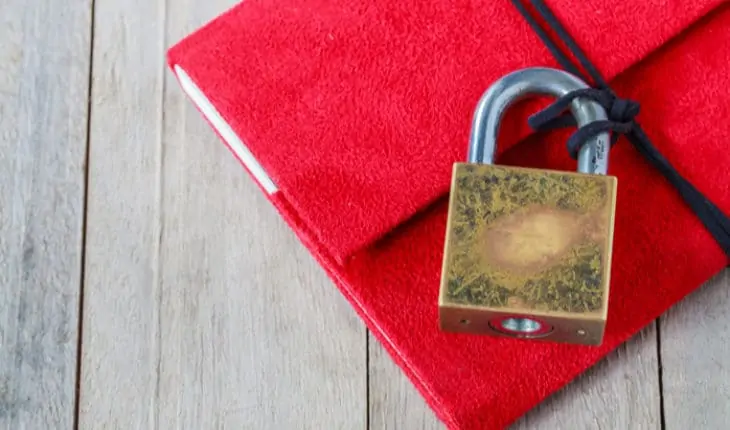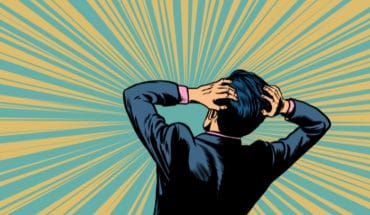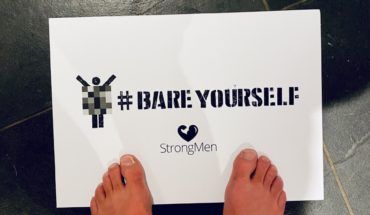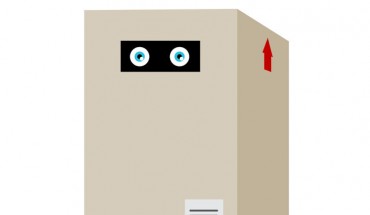Psychotherapist Jane Haynes discusses her new book ‘In the Consulting Zoom: A Psychotherapist’s Diary of Lockdown’ exclusively for the Hippocratic Post exploring how COVID has changed our relationships with each other, our hopes, dreams and death.
‘If the origin of the word ‘patient’ was linked in Greek to the word: ‘suffering’ we are all patients now, regardless of whether or not we have the virus’
Described as a ‘maverick’ psychotherapist on BBC London, Jane Haynes has been sharing her expert advice on how to mentally deal with Covid and the coming months on the BBC, Vogue and Times Radio. During the third UK lockdown of the past months she has written a journal which is published this week, ‘In the Consulting Zoom: A Psychotherapist’s Diary of Lockdown’ with all royalties being donated to CALM: The Campaign Against Living Miserably.
‘Writing is essential to me. I am a bit like the symbolic pelican in the sense that I write with my life’s blood,’ says Haynes. After suffering from a bout of writer’s block last year, she re-read Defoe’s A Journal of a Plague Year and was inspired to write her own journal of a Covid-19 lockdown. Starting at the beginning of March, as she suffered symptoms, this diary captures the fear and uncertainty of the past year. Unable to get tested, Haynes vividly conjures the national frustration and tightness in the chest the early days of the pandemic induced. As lockdown continues, we follow her through previously uncharted territory; the life of a psychotherapist. Not only are we privy to the trials and tribulations of running her practice online and the ways her ‘patients’ respond to the new virtual consulting room and their new realities, but we also accompany Haynes through the weekly anguish of sheet-changing, recycling, feeding cat Zen and dog Dido, and coping with her husband’s messy sourdough experiments. Living in the flat below her eight- and one-year-old grandchildren, Haynes also offers insight into locking down with children and the psychological impact on them.
During the past year suicide rates rocketed.
Should we be worried about the lockdown affecting our closest relationships?
Definitely, both for better and worse. Sadly divorce statistics are up – not because of COVID but where relationships were struggling COVID exacerbates the toxic proximity. Lockdown locks out private lives which under normal circumstances can co-exist as a secret parallel universe. Such private lives can range from harmless but humiliating fetishes to private lives/affairs/gender diversity secrets in the closet. Guilty parties feel they are under 24/7 scrutiny. Many instances during Lockdown of people not being able to carry their secret and confessing. (thus divorce rates increase.) At the same time where the relationship is positive partners are enjoying being together whereby every day can feel a bit more like a weekend: co-parenting more, if privileged to have a second home enjoying it in a more leisurely way and enjoying long walks or hikes with kids and pets. Less workplace stress, less leisure choice, can lead to more time to privilege sex. In every case economic security versus economic hardship will be of relevance. My colleague, the psychiatrist Dr James Arkell recommends to his patients that during Lockdown they try to dress up and sit down to dinner once a week, even if the other nights its supper on a tray. Just as important for people living in solitary lockdown confinement to have a Zoom dinner date. Equally important he says is the simple factor like trying to get outside for a breath of air at least once every day. And don’t on any account forget one essential supplement Vit D.
What personality types are coping best with the lockdown?
Without any doubt those who can endure uncertainty; to quote John Keats’ concept of ‘Negative Capability’. Also having financial and professional security makes a huge difference both in terms of not having basic anxieties of how to survive. Still being able to function at a professional level means one does not experience the existential anxieties associated with loss of status, individuality. Having a safety net in terms of extended family and access to loans makes a vital difference. Optimists, surprisingly, often don’t cope as well as the pessimists who are inclined to be more realistic and have less expectations of instant gratification. For example if you think vaccination is going to become a magic bullet release from Lockdown you are bound to be disappointed. As TS Elliot wisely remarked, ‘Humankind cannot bear very much reality.’
Do you think Daniel Defoe was an optimist on the whole, or reckless? Reading his Plague Year diary he tried to get close to gravediggers burying the plague dead which seems a crazy thing to do, although I guess as a writer he needed experiences to write about. He also went on long walks, although at the time they didn’t know what caused the plague. He writes about people walking in the middle of the road, as they did here in the first lockdown.
Very few people realise that Defoe did not live through the plague in the way that Samuel Pepys did. Defoe depended on documentation, letters, engravings etc. He was creating a dramatic narrative based on a historical and widely reported experience. When the plague was terrorising Londoners Defoe was only five years old. No doubt verbal accounts of the Great Plague were handed down to the next generation who also lived in fear of it returning. The essential difference between his account of the plague and today, and there are far too many uncanny similarities considering there was an absence of medical and scientific knowledge, is that the public saw it as God’s doing and felt contrition and guilt that God had brought the suffering upon them.
In Defoe’s day people were lucky to live to around 45. Do you think they viewed death in a different way to us? He seems very obsessed with it, but then he was very religious.
Yes, even during the 20th century the average lifespan for a woman increased from 48 to 74 years for men, and from 51 to almost 80 years for women and many barely got through the menopause which was a tabooed subject. All families were familiar with death through the vagaries of childbirth mortality and along with the First World War the disillusion in God and huge mortalities lead to an increase in phenomenon such as the theosophy and contact with dead souls. Contemporary society works hard at denying that death exists. You rarely hear church bells signifying a funeral nor processions of black limousines/hearses carrying corpse and the mourners. People are expected to go back to work a week after being bereaved and how often do you see a black band to denote mourning? COVID has changed the graphics or denial of death. BBC News now displays temporary morgues and body bag counts. Every statistic relates to an invisible family who have been tragically robbed of one of its members. Furthermore we have first-hand accounts of people dying alone and unattended while in hospital traditionally associated with care. Survivors are describing surreal accounts of barely seeing a human face amidst tents of plastic and faces made invisible by PPE. COVID has robbed us of even the small luxury of palliative care managed deaths. Traumatic for other patients on the wards seeing the absence of tenderness and for all the clinicians who can imagine the same outcome could turn out to be their destiny. Those who are fortunate enough to come out of ICU’s may be traumatised forever and need long term psychological treatment as well as physical care for long-Covid.
Interspersed with emails and texts from family, friends, ‘patients’ and an interview with her eight-year old granddaughter Bell, the book also reveals other perspectives of lockdown. A self-confessed Magpie, Hayne’s inclusion of emails from doctors, WhatsApp messages and links to articles perfectly encapsulate the way many spent lockdown: on the phone, scrolling through news and information in the hope of finding answers and establishing connections. Despite being a diary of lockdown, the book also acts as wonderful escapism from our troubled reality, packed full of literary allusions, quotes, poems and flights of fancy. In the Consulting Zoom will make you, laugh, smile and scowl. Interesting, informative, philosophical, political, honest and heart-warming, we watch Haynes unravel the mysteries Zoom, online bridge and innovative ways of getting food delivered, while emotionally navigating her way through the terror of the virus. A page-turner.
‘In the Consulting Zoom: A Psychotherapist’s Diary of Lockdown’ ebook by Jane Haynes £9.99p published February 2021.
Jane Haynes is donating all royalties from her new book to CALM: The Campaign Against Living Miserably. Jane Haynes was granted permission by her patients to reference them.
Jane Haynes interviewed by Rebecca Wallersteiner exclusively for the Hippocratic Post
- People’s Choice Victory for Down’s Syndrome Scotland Garden at Chelsea 2025 - 28th May 2025
- Cadogan: A Chelsea Family By Tamsin Perrett - 3rd May 2025
- Dream Worlds a new exhibition in Cambridge - 14th December 2024







